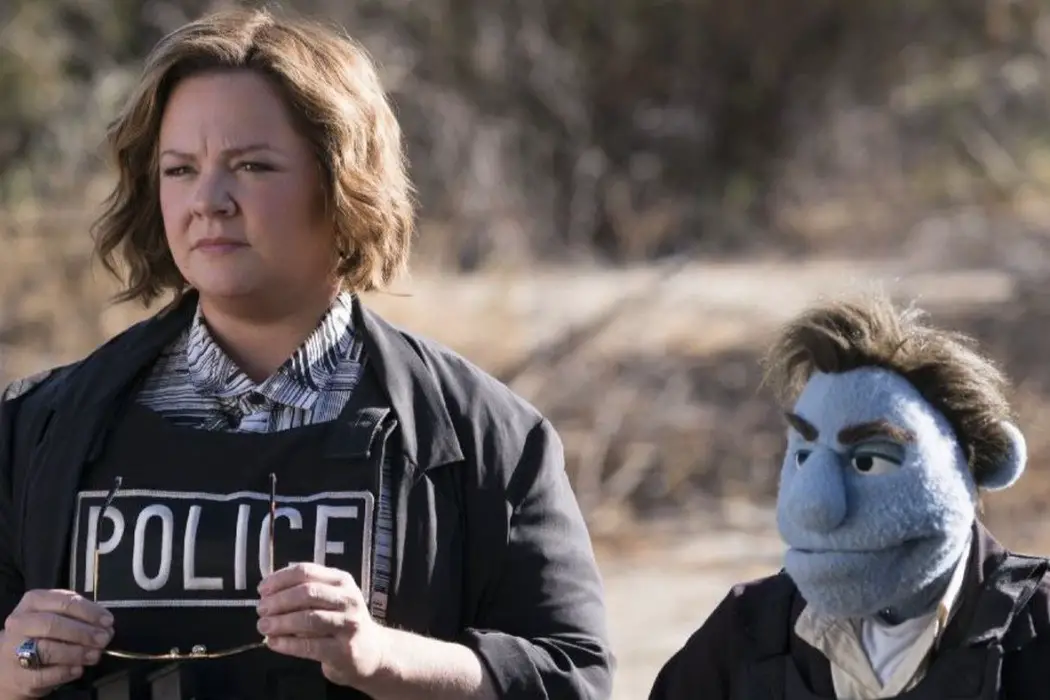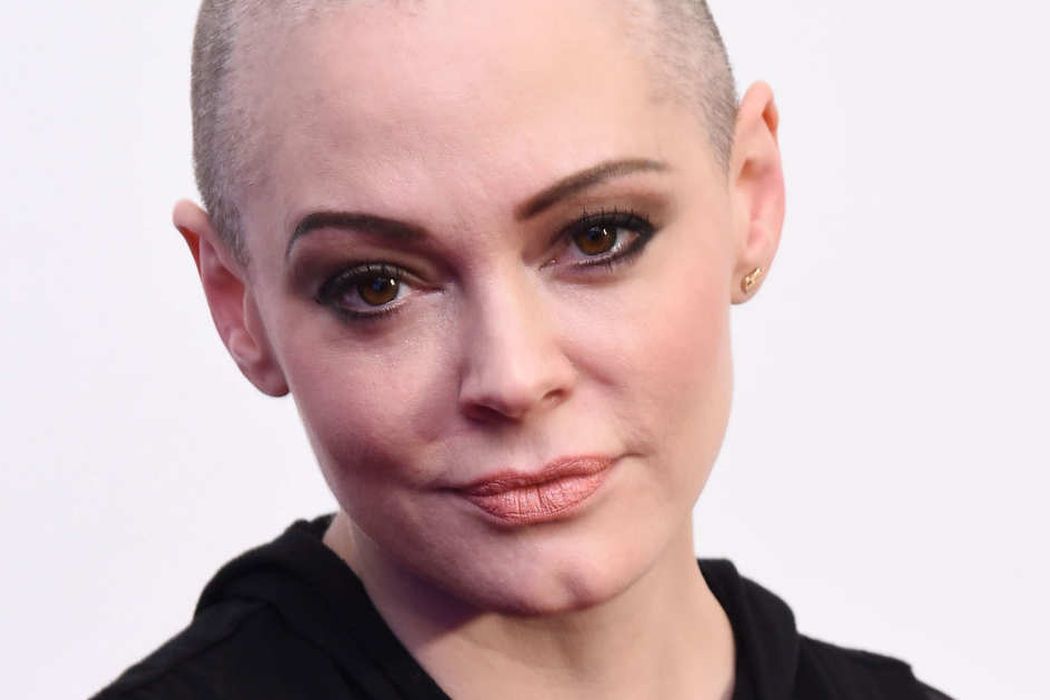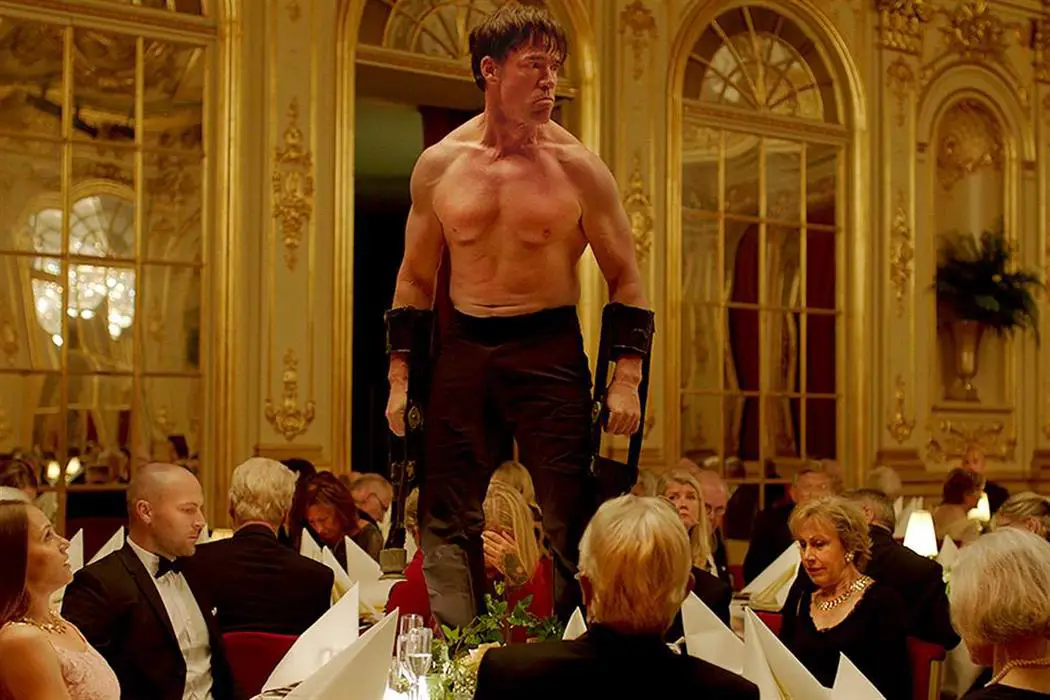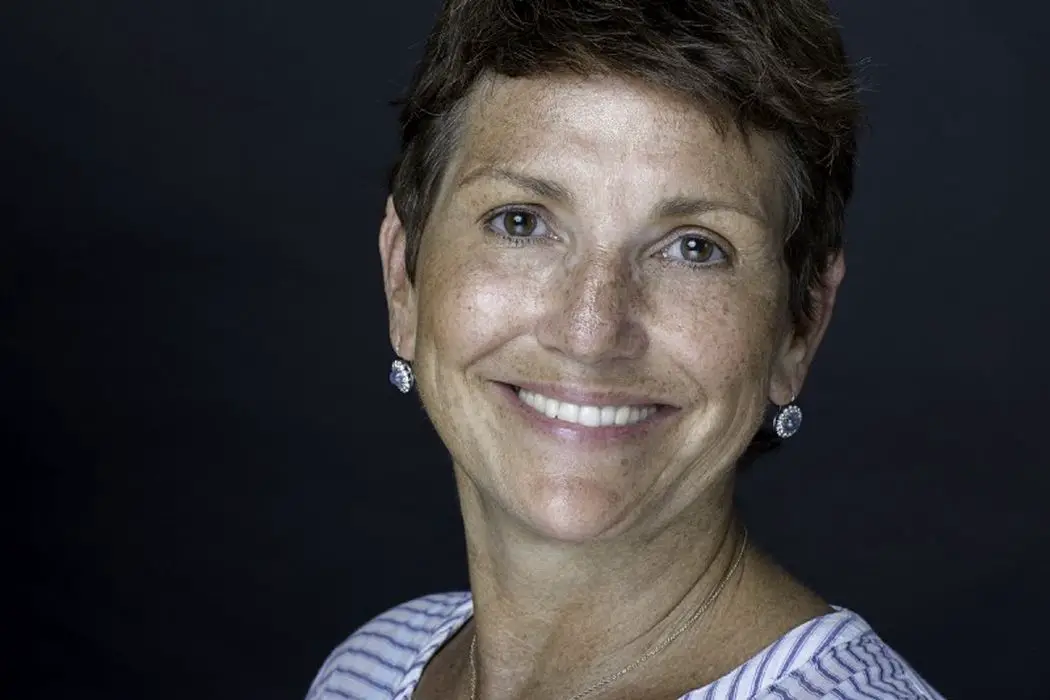inequality
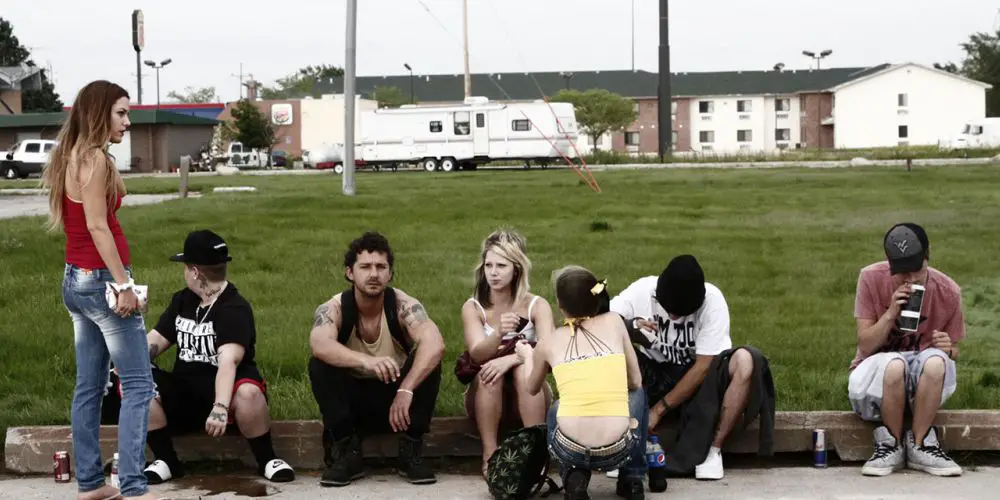
Class consciousnes and its oft-contingent condemnation of wealth was a theme at the 2016 Cannes Film Festival that one would be hard-pressed to overlook. The most obvious reason for this is the fact that Ken Loach’s poignant portrait of one man’s struggle to navigate Britain’s welfare system, I, Daniel Blake, took home the Palme d’Or. But this topic was also prominent in part because films about wealth, or lack thereof, pervaded the entire festival, spanning its various sections.
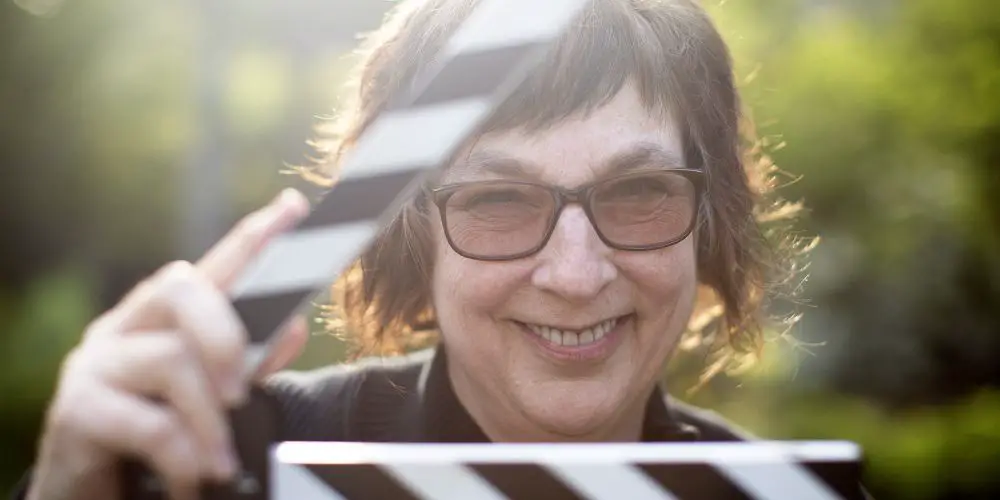
Bluestocking Film Series is an an exclusive showcase for provocative, well-produced films that feature complex female protagonists driving the narrative and leading the action. Moreover, all films submitted to the series must feature a female protagonist, and must pass the Bechdel-Wallace Test. It’s the first ever U.
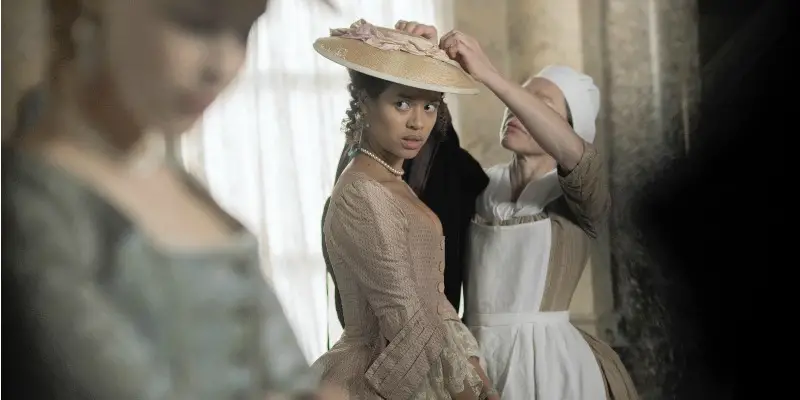
Last fall, Women in Film, a non-profit organization based in Los Angeles, launched a new advocacy campaign, 52 Films by Women. Although female directors make up a very low percentage of those directing top grossing films (6.8% in 2014) and only four have received Academy Award nominations for directing, there are many women creating films for us to watch and enjoy.

Cady McClain is an award-winning daytime TV actress, but she has another side: as a director. She has completed two short award-winning films, Flip Fantasia and World of Albert Fuh, and the comedy web series Suzy F*cking Homemaker, and is currently in production on a new documentary about women directors called Seeing Is Believing:
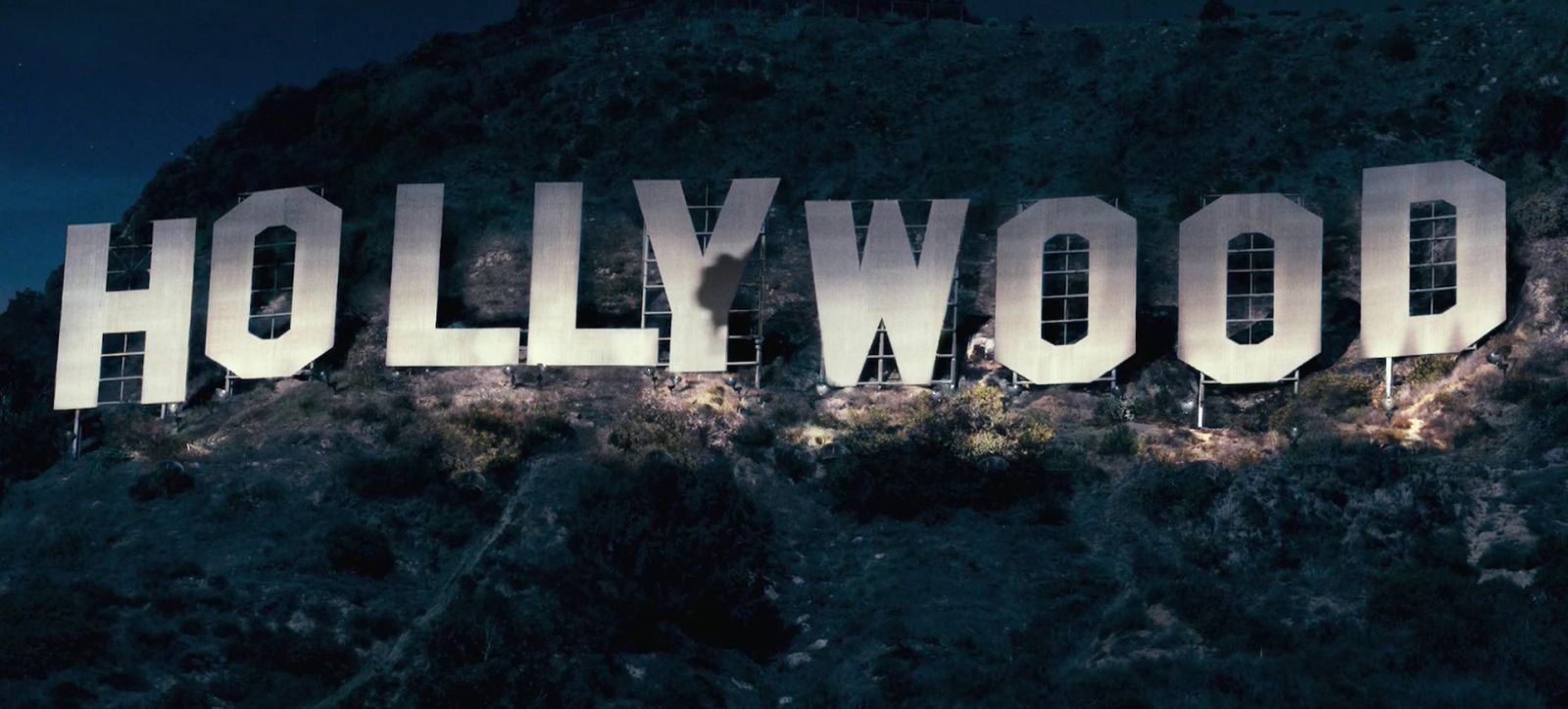
The revolution is here— We are in the midst of a global revolution for female empowerment and equality. This movement has been building for some years, and the new efforts for women directors have added great momentum to the cause. The campaign and ongoing support for women directors starting 2013 by the ACLU has now led to an industry-wide investigation.
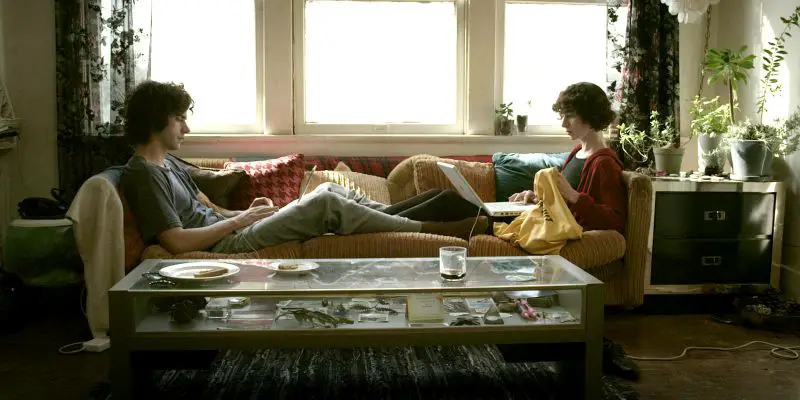
Over the course of history, Hollywood has given female filmmakers few chances to work on film projects. Fewer chances than their male cohorts, to be sure – no matter their experience or education. Male directors are hired invariably and without doubt, and they are featured and lauded in media frequently.
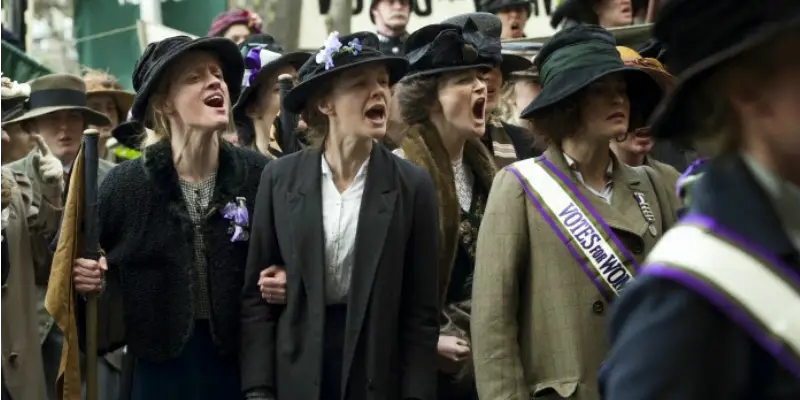
Suffragette has been grabbing the attention of the media and public long before it was even released. First, there were rumours that there were to be no women of colour in the film (this is true). Then there was the at best ignorant, at worst painfully offensive campaign led by Meryl Streep and the rest of the cast, featuring photos of them wearing t-shirts stating ‘I’d rather be a rebel than a slave’.

Editor’s Letter Essay of week 41 Since Film Inquiry’s inception it’s been our goal to promote diversity in film. Admittedly, I always think of diversity in film in the broadest sense for Film Inquiry: include and promote women, minorities, the LGBT community – and international and independent film, too.
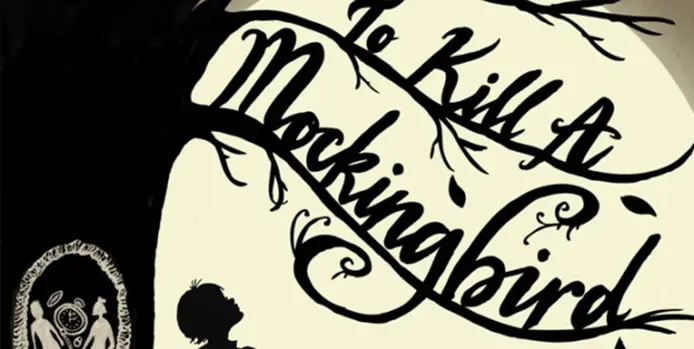
What inspired me to begin this series was actually the knowledge that Harper Lee, the author of To Kill A Mockingbird, was going to be releasing a new novel called Go Set a Watchmen. As I had remembered being fond of Lee’s writing, I was planning to read it. (I still have not, but am hoping to get to it after this).




